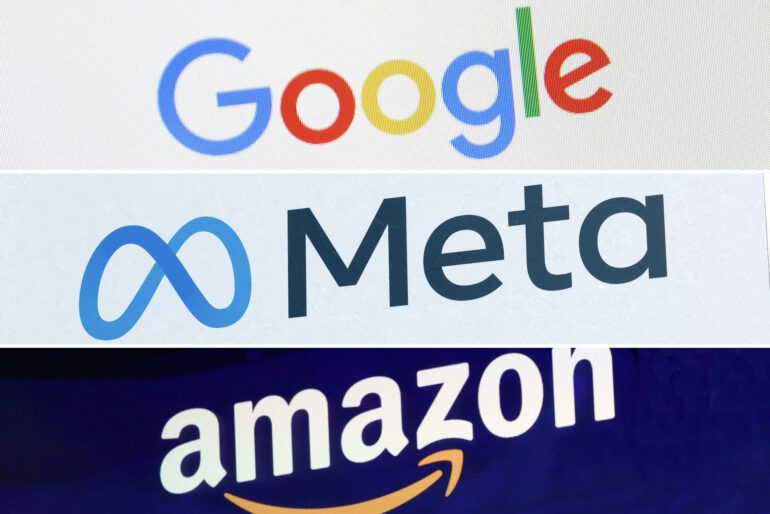TL;DR:
- Representatives from the three major advertising platforms in the US, known as the “triopoly,” discussed the growing significance of artificial intelligence (AI) in the ad-tech industry.
- Google, Meta (formerly Facebook), and Amazon have made significant investments in AI-infused advertising tools.
- AI has traditionally operated behind the scenes but is now becoming more prominent with the rise of generative AI, which produces tangible outputs.
- Generative AI tools have primarily benefited media agencies and advertisers, but there is potential for automated media plans in the future.
- Affordable AI tools could empower publishers to develop sophisticated content strategies.
- Publishers have concerns about the training of AI models in their work and may need new tools to address these issues.
- Challenges remain in providing more involved answers through generative AI for complex queries in advertising experiences.
- The evolution of AI technology will continue to drive changes in consumer products and marketing tools.
Main AI News:
In a remarkable industry gathering, the three powerhouses of the American advertising platforms, collectively known as the “triopoly,” convened to discuss the current buzzworthy phenomenon: artificial intelligence (AI). The event, expertly hosted by the IAB’s Tech Lab, catered specifically to the ad-tech community, setting it apart from conventional advertising conferences.
Notably, since late April, all three companies have made substantial investments in AI-infused advertising, accompanied by a series of groundbreaking announcements. Google, for instance, unleashed a comprehensive suite of advertising tools employing generative AI, while Meta (formerly known as Facebook) followed suit with their own offering. Meanwhile, Amazon declared its plans to enhance its demand-side platform through the integration of “more advanced machine learning models.”
Historically, AI predominantly operated inconspicuously behind the scenes, as Dan Taylor, Google’s Vice President of ads, acknowledged. He emphasized the application of predictive AI, which assists advertisers in tasks such as conversion modeling and campaign outcome predictions. However, the advent of generative AI, capable of crafting tangible and perceptible outputs, has propelled AI to the forefront of discussions.
Neal Richter, Director of Advertising Science at Amazon DSP, acknowledged that the majority of these AI tools, as indicated by the aforementioned announcements, have primarily favored the buy side of the advertising ecosystem, benefitting media agencies and advertisers. Richter contemplated the arrival of automated media plans within the industry and expressed his admiration for generative models’ ability to retain context throughout a conversation, similar to interactions with humans. Such capability holds promise for future planning and optimization on the buy side.
On the sell side, Richter believed that affordable AI tools could empower publishers to devise sophisticated content strategies. However, he also acknowledged concerns among publishers as generative AI gains popularity, particularly regarding the training of AI models on their proprietary work. Richter suggested that publishers might require a novel tool akin to “robots.txt,” a file used by websites to indicate which pages can be indexed by search engines.
According to Taylor, numerous generative AI tools have already permeated the advertising landscape, exemplified by WPP’s recent partnership with Nvidia. Nonetheless, challenges persist. Taylor highlighted Google’s generative AI search engine as an example, illustrating the disparity between straightforward queries like “What’s the height of the Eiffel Tower?” and more complex inquiries such as “What’s the best breed of dog for my family?” Providing ad experiences surrounding the latter necessitates more elaborate answers, a goal Taylor asserted would be accomplished in the near future.
“As technology evolves, so do consumer products and marketing tools,” Taylor concluded, underscoring the dynamic nature of the AI revolution and its impact on the advertising industry.
Conclusion:
The discussion at the industry event highlights the growing role of AI in the ad-tech market. The investments and advancements made by the triopoly demonstrate a shift toward leveraging AI for improved advertising outcomes. The focus on generative AI and its ability to produce visible and tangible outputs indicates the increasing importance of providing interactive and engaging ad experiences. While there are challenges to address, such as publisher concerns and complex query handling, the market can expect further integration of AI tools and technologies to optimize advertising strategies and enhance consumer engagement.

